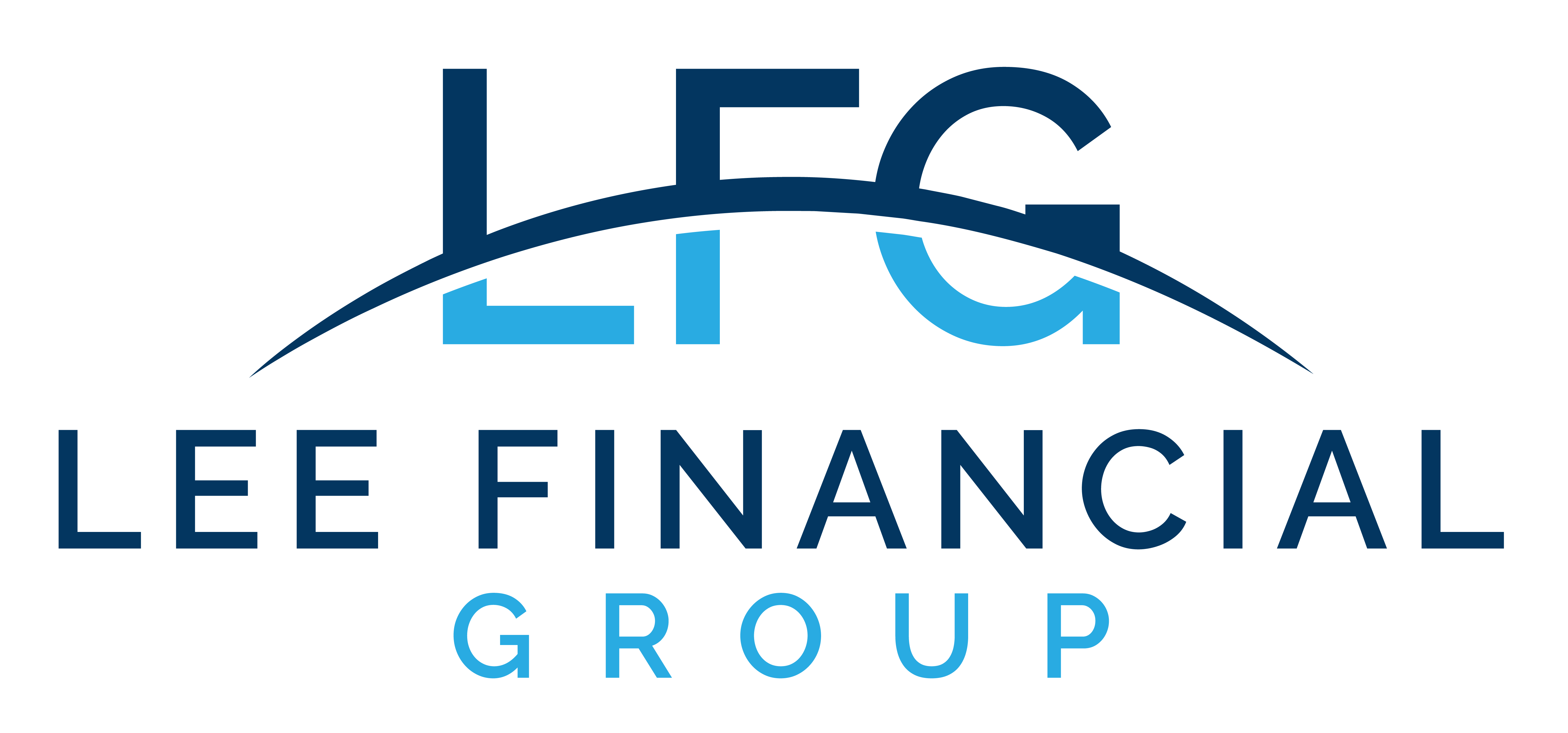Getting laid off from a job upends almost every aspect of your world. Besides the financial impact, there may be emotional, psychological and even physical implications.
The goal is to turn a loss into a successful transition to the next stage of your career. Having this happen as quickly as possible will alleviate some financial concerns, but it is important to allow yourself time to process the emotional and lifestyle affects.
The key is to take it step by step. The first thing to know is that you will be okay. It is a process, like any other life change, and with some sound financial management and attention to yourself, you’ll get through it just fine.
Things to Do As Soon As Possible
Losing a job is a shock. You’ll have a lot of feelings, and we’ll get into how to deal with them, but there are some things you need to tackle right away. You want to assess three things:
- What are the termination benefits or severance details?
- What is your financial position (debt, savings, etc.)
- How can you reduce your expenses?
Severance and Unemployment
Ongoing financial support can come from your company in the form of severance pay, and from claiming unemployment benefits. If your company offers you a severance package, you’ll need to understand the amount and the terms. Is it a lump sum, or are you paid through a certain period?
Will you be filing unemployment? You should do this immediately. If you live in different state than where your company is located, you can still file through your own state.
Healthcare
Your company may offer COBRA benefits, but it is less likely that they will continue to provide any payment towards healthcare. This may make your company healthcare plan unaffordable. The best option may be to sign up through an exchange. Keep careful note of when your company benefits will stop.
Your Retirement Plan
You should understand what , will happen, even if you don’t need to do anything immediately. Plans have specific rules, but you can often leave them in place and determine what to do when you join another company. If you will be paid through a certain number of months going forward, you may want to check whether you will still contribute to your plan with each paycheck.
Take Stock of Your Debt and Savings – Be Proactive
If you have an emergency fund, you’re ahead of the game. But even though this is the rainy day it’s there for, the longer you make it last the more time you’ll have to find the right path forward. The Bureau of Labor Statistics reports that it takes about five months for a successful job search – so plan to stretch things out as much as possible.
Managing debt when you don’t have a source of income requires early intervention. Things like mortgages and car payments are most likely set. However, you’ll have to make some decisions if you have credit card debt. If you are paying more than the minimum, you may want to scale back until you have income.
If you have a lot of credit card debt that you are paying on, the best course forward may be to call your credit card company, explain that you’ve been laid off, and ask them to put you on a payment plan. The company will close your account, but the trade-off is that your interest rates will be substantially lowered and your monthly payment amount will decrease.
Cut Non-Essential Expenses
You’ll find that your definition of “essential” is likely to undergo some drastic revision. Budgeting with income is an entirely different exercise than budgeting against a fixed sum of money. Everything you can eliminate, no matter how small, adds to the amount you have available to spend on essentials – and gives you more time to land on your feet.
One caveat – don’t cut things that directly relate to your mental and physical health, unless you can find a less-expensive substitute. You’ll have more time now, so hiking, running, etc. may be a good replacement for a gym membership.
Build A Temporary New Routine with Your New Free Time
Work isn’t just income. For many of us, it provides the central pillar of our life. As you navigate through this period, the more you can replace the space where work used to be with meaningfully spent time, the more comfortable this period may be. And that will be reflected in your attitude and demeanor in the interviews and networking you’ll be doing.
It sounds like a cliché, but focusing on activities that are accomplishments will help tremendously. Humans are surprisingly hard wired to be goal-oriented, and the goal doesn’t matter. Be flexible, be creative. And getting out of your head by helping others can work wonders.
Getting a New Job
Take some time to work through your emotions about the job loss and any negative feelings about the company. Then turn that around by focusing on what you achieved and accomplished. Sit down and make a list of everything. This isn’t a resume updating exercise, it’s just to get you thinking about your skills.
Once you’re ready, begin a search on LinkedIn or other industry-specific or general job boards for jobs encompassing your skill set. Pay attention to titles, job descriptions, lists of necessary skills, and current buzzwords. Then sit down and update your resume, using what you’ve gleaned. Don’t be afraid to aim high. It’s not unheard of for people who’ve been laid off to get a new job with more responsibility and a higher salary.
Don’t neglect the people side – stay in touch with colleagues, keep posting on social, keep reaching out to people and asking for their help and input.
The Bottom Line
Getting laid off isn’t usually a planned life event, but for most people it doesn’t turn out to be as much of a blow as it seems in the first few weeks. Take time to process and prioritize your emotions, get your finances in order, and plan an orderly job search. Build in routines and accomplishments to keep yourself moving forward, and don’t be afraid to explore options and use this time to rethink what you want your career to look like.






What a Weaker Dollar Means for Your Investments